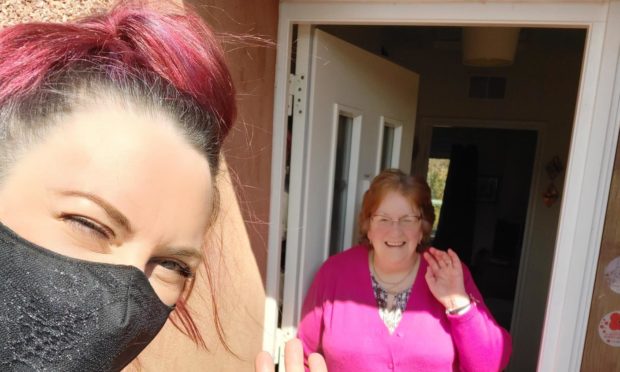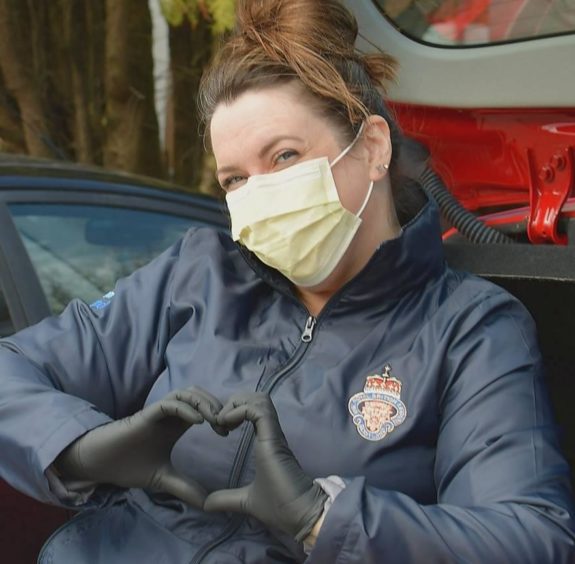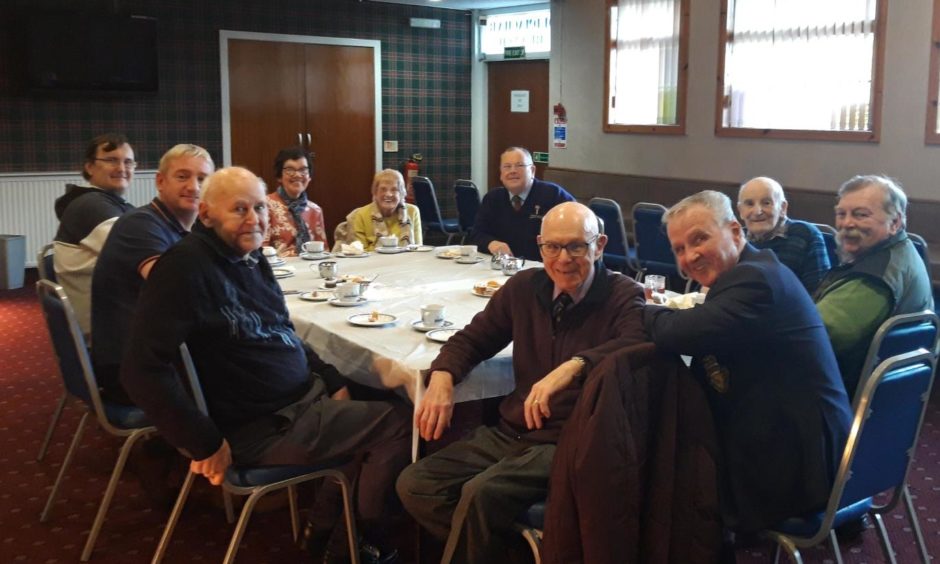The Covid pandemic has given many Armed Service veterans in the north of Scotland a new battle to fight.
Lockdown has left servicemen and women, from those as young as 30 to centenarians, facing isolation and loneliness.
The Royal British Legion Scotland’s befriending service for veterans and their families has had to adapt to the pandemic which has prevented volunteers visiting people they support in their homes, on trips or meet them for a coffee.
The service currently helps 50 people across the north, but wants to hear from others who are in need. Most are in the 60-80 age group, but a number are in their 90s and one is 101. There is also a growing group of younger veterans, some in their 30s, in need of support.
Emily Clark, veterans community support coordinator for Scotland North, said: “Our service is delivered on three main pillars of befriending, comradeship and practical support.
Helping lonely and isolated veterans
“We have a team of volunteers from all walks of life who give their time to offer friendship and company to lonely or isolated veterans or dependents of veterans.
“In normal times our volunteers would visit people at home, or go out for coffee, or for walks to offer our clients some meaningful companionship.
“We have had to adjust during the pandemic, as distancing measures ebb and flow, but we persevere by making sure we stay in touch by phone calls, window visits or garden visits as appropriate.”
The service also offers practical support, including arranging small home repairs and garden work, helping people to get to their vaccination appointments, accessing pensions and benefits and delivering groceries, as well as connecting them with support services for issues such as sight loss and mental health issues.
However, lunches, days out and holidays across Scotland have been cancelled during lockdown.
“We definitely shifted gear during the pandemic”, said Emily. “We went from being a very face-to-face service with lots of outings and lunches, to more of an intense one-to-one service with our volunteers supporting individual clients by phone- or at their window – with contact taking place more frequently than before in lots of cases.
Second lockdown affecting people more
“The first thing we did was ‘triage’ our clients and assess who was most isolated – for those most isolated people we arranged phone calls/window visits, sometimes by more than one volunteer so they had two or three or more contacts per week.
“One thing we noticed was that the second lockdown seemed to affect people more than the first. I think in the first one, we had better weather and people could sit in their garden or at their door, and people had a kind of ‘blitz spirit’.
“The latest lockdown has been harder because it’s gone on longer, it’s been over winter so people are cooped up during long nights and cold days, and it feels like there’s been no end in sight.
“We’ve seen people struggling far more with unhappiness and anxiety this time around and we’ve really had to think creatively to try and keep peoples’ spirits up.”
She said the befriending team has gone “beyond the call of duty” in dealing with the demands of Covid: “I really can’t praise them enough. We’ve had volunteers standing at peoples’ windows in minus temperatures – people with their own lives and families who are driving miles to stand in someone’s garden, to drop off bags of shopping, sending cards and bars of chocolate in the post, driving miles to get people to their Covid jabs.”
She urged people in need of the service to get in touch: “It really upsets me to think that there are lonely or isolated people out there who we could help but we just don’t know they’re there.”
Do you need help in lockdown?
One of those benefiting from the service is Marie MacIver, from Inverness, the widow of a former Royal Army Medical Corps veteran who died very young, leaving her to raise her family on her own.
She said: “The support is a lifesaver. I know, no matter what, I can pick up the phone and get help.
“I’m looking forward to outings and lunches again as soon as we’re allowed to mix. But in the meantime I’m so grateful for the visits, phone calls and all the background help I get.
“I don’t know what I’ve done to deserve all this kindness.”
Contact the service at support@legionscotland.org.uk or 07876 202437.


